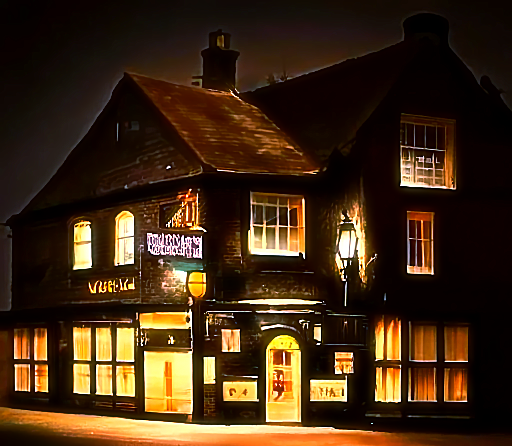| main | |||
| dev |

urlocal
A Clojure micro-library for cached (ETag based) URL downloads. At its most simple this library provides a single fn (urlocal.api/input-stream) for reading the content of a URL, and will transparently cache downloaded content locally on disk (as per the XDG Base Directory Specification), serving subsequent requests for that same content out of that cache whenever possible. Because this content is persisted on disk, the cache survives restarts of the JVM.
Cached content is checked for staleness periodically via HTTP ETag GET requests, which are more efficient than a regular HTTP GET request in the event the cache is up to date. This staleness checking interval is also configurable, eliminating the need for any network I/O for cached content in many cases. For applications that cannot tolerate any staleness, this checking interval can be set to 0 (meaning "make an ETag request to check for staleness on every request of the URL's content").
The library only has one non-core dependency - on clojure.tools.logging, and is compatible with JVMs 1.8 and above (it uses the crusty old Java 1.1 HTTP client, rather than the vastly improved Java 11+ HTTP client).
While ETag-based caching logic is simple, well understood, and widely documented, the author thought it might be useful to centralise it in the interests of avoiding reinventing (small) wheels.
Installation
urlocal is available as a Maven artifact from Clojars.
Trying it Out
Clojure CLI
$ # Where #.#.# is replaced with an actual version number (see badge above)
$ clj -Sdeps '{:deps {com.github.pmonks/urlocal {:mvn/version "#.#.#"}}}'
Leiningen
$ lein try com.github.pmonks/urlocal
deps-try
$ deps-try com.github.pmonks/urlocal
API Documentation
API documentation is available here, or here on cljdoc.
Contributor Information
Developer Workflow
This project uses the git-flow branching strategy, with the caveat that the permanent branches are called main and dev, and any changes to the main branch are considered a release and auto-deployed (JARs to Clojars, API docs to GitHub Pages, etc.).
For this reason, all development must occur either in branch dev, or (preferably) in temporary branches off of dev. All PRs from forked repos must also be submitted against dev; the main branch is only updated from dev via PRs created by the core development team. All other changes submitted to main will be rejected.
Build Tasks
urlocal uses tools.build. You can get a list of available tasks by running:
clojure -A:deps -T:build help/doc
Of particular interest are:
clojure -T:build test- run the unit testsclojure -T:build lint- run the linters (clj-kondo and eastwood)clojure -T:build ci- run the full CI suite (check for outdated dependencies, run the unit tests, run the linters)clojure -T:build install- build the JAR and install it locally (e.g. so you can test it with downstream code)
Please note that the release and deploy tasks are restricted to the core development team (and will not function if you run them yourself).
License
Copyright © 2023 Peter Monks
Distributed under the Apache License, Version 2.0.
SPDX-License-Identifier: Apache-2.0
Can you improve this documentation?Edit on GitHub
cljdoc is a website building & hosting documentation for Clojure/Script libraries
× close

